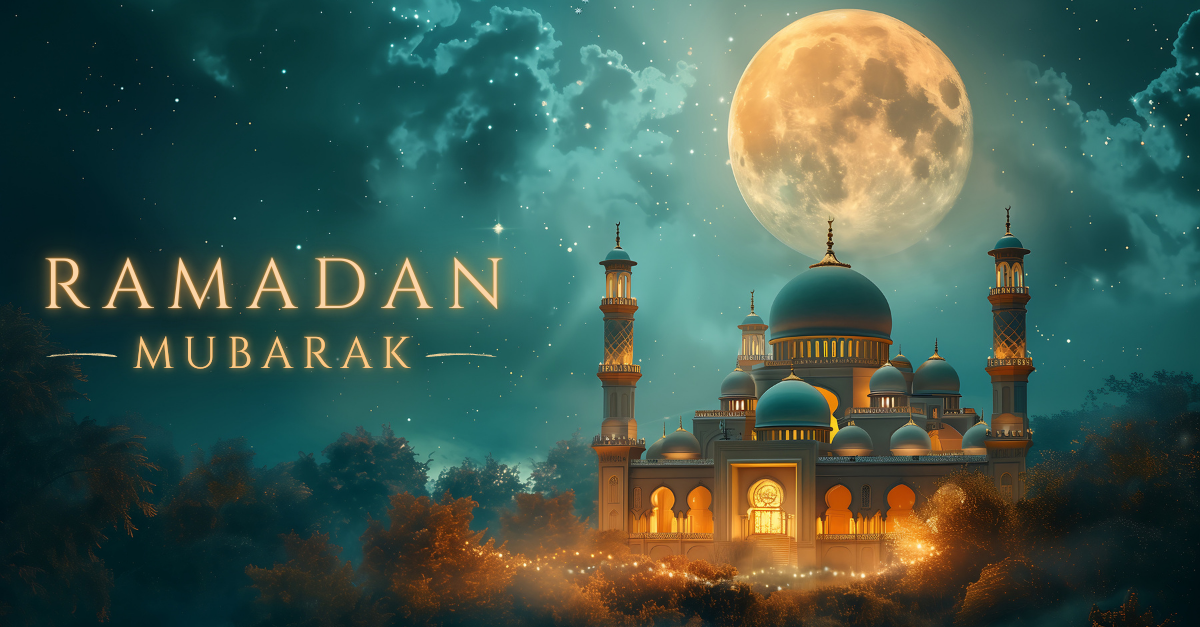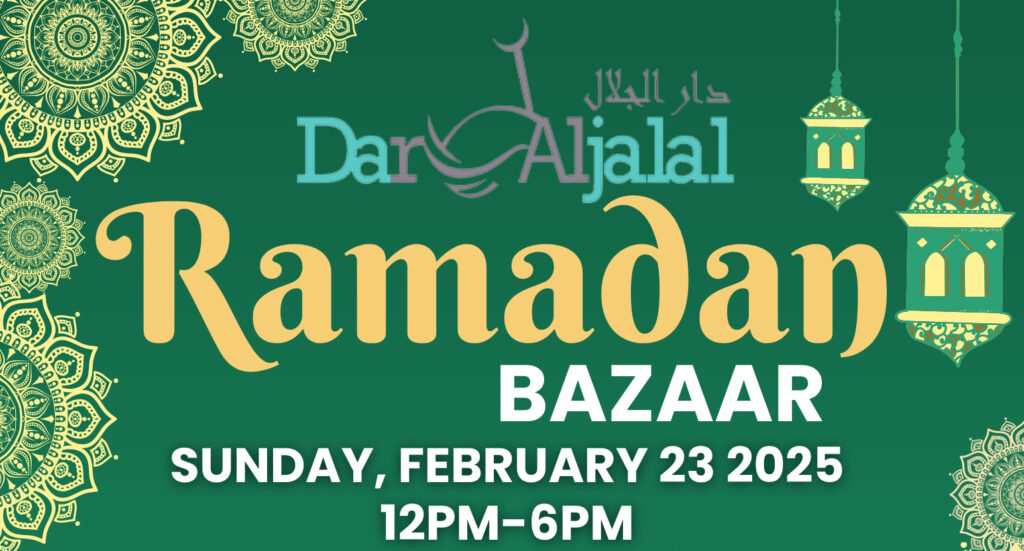This year, the holy month of Ramadan is expected to begin on Friday, Feb. 28, or Saturday, March 1, 2025. The exact timing is based on the sighting of the moon.

Ramadan is the ninth month of the Islamic lunar calendar and holds great significance in the Islamic faith. It is observed by Muslims worldwide as a period of fasting, prayer, self-reflection, and increased devotion to Allah.
Historically, Ramadan commemorates the revelation of the first verses of the Quran to the Prophet Muhammad. According to Islamic tradition, the angel Gabriel appeared to the Prophet Muhammad during Ramadan in the year 610 CE and began revealing the divine messages that would later form the Quran.
During Ramadan, adult Muslims who are physically and mentally able fast from dawn until sunset. This means abstaining from food, drink, smoking, and other physical needs. The fast is seen as a form of worship, self-control, and a way to empathize with those experiencing hunger and thirst.
Fasting during Ramadan is one of the Five Pillars of Islam, which are the core beliefs and practices that form the foundation of Muslim life. The other pillars include the declaration of faith, daily prayer, giving to charity, and the pilgrimage to Mecca.

Besides fasting, Ramadan is also a time for increased spiritual reflection, prayer, and recitation of the Quran. Muslims strive to engage in acts of charity and good deeds during this month, with the belief that such acts are multiplied in reward.
At the end of Ramadan, Muslims celebrate Eid al-Fitr, a festival that marks the end of fasting. It is a time of joy, feasting, gratitude, and strengthening of family and community bonds. As a time of worship, self-discipline, reflection, and increased devotion to Allah, Ramadan holds immense historical and religious significance for Muslims.
Events

- St. Louis Ramadan Calendar 2025
- Ramadan Prep Series – 2025
- February 1st from 2:00-6:00pm – Ramadan Welcome Event at Dar Ul Islam Gymnasium, 519 Weidman Rd, Ballwin, MO 63011
- February 25th from 12:00-6:00pm – Ramadan Bazaar 2025 at 8945 Dunn Road, Hazelwood, MO